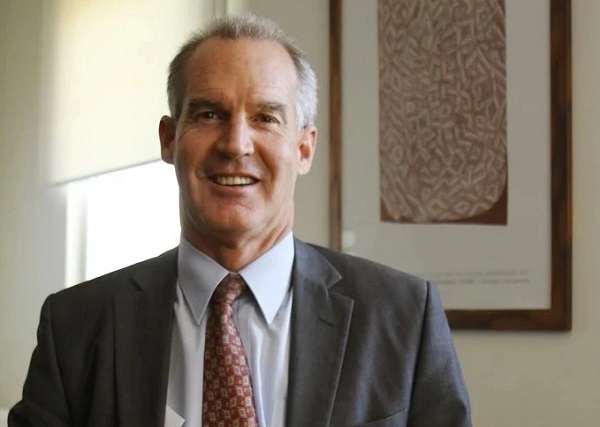
Andrew Barnes – Australia’s High Commissioner to Ghana
The Australian government has handed over a 20-seater sanitation facility to the people of Atwima-Koforidua in the Atwima-Nwabiagya North district.
The facility is part of efforts by the people of Australia to help address sanitation issues in Ghana.
Mr. Andrews Barnes, the Australian High Commissioner to Ghana, who inaugurated the facility said the provision of the facility was in response to an appeal made by the people in the community in 2017.
He said one of the major challenges facing Ghana was improper sanitation and waste management, adding that, access to toilet facilities was a nightmare to many people, especially those in deprived communities.
The resultant open defecation had led to many preventable diseases like cholera, diarrhoea, typhoid fever and others, which continued to prove deadly, especially among women and children in Ghana.
Mr Barnes stressed the need for strong advocacy for improved sanitary conditions, saying, it was of utmost commitment by his government to help improve sanitation and health outcomes for people living in vulnerable situations.
He said the project, was one of the 10 Water and Sanitation projects, which was being funded in Ghana and three non-resident countries of accreditation, through the 2017 Direct Aid Programme grants of the Australian government.
The Direct Aid Programme, according to him, was an important tool that enabled the Australian High Commission achieve practical and tangible humanitarian and development outcomes in local communities.
Mr. Barnes commended Mr. Benito Owusu-Bio, the Member of Parliament (MP) for the area and his team for taking on the project.
He advised them to continue helping in the promotion of health and sanitation, which was a tool for dignity and economic development.
Mr. Owusu-Bio said about 90 per cent of residents were going to benefit from the project.
He urged them to take ownership of the facility and ensure it delivered on the objectives for which it was established.
The MP said plans were underway to construct more toilet facilities in Adankwame, Akropong, Pokukrom and other communities to improve healthy lifestyles.
Source: GNA























